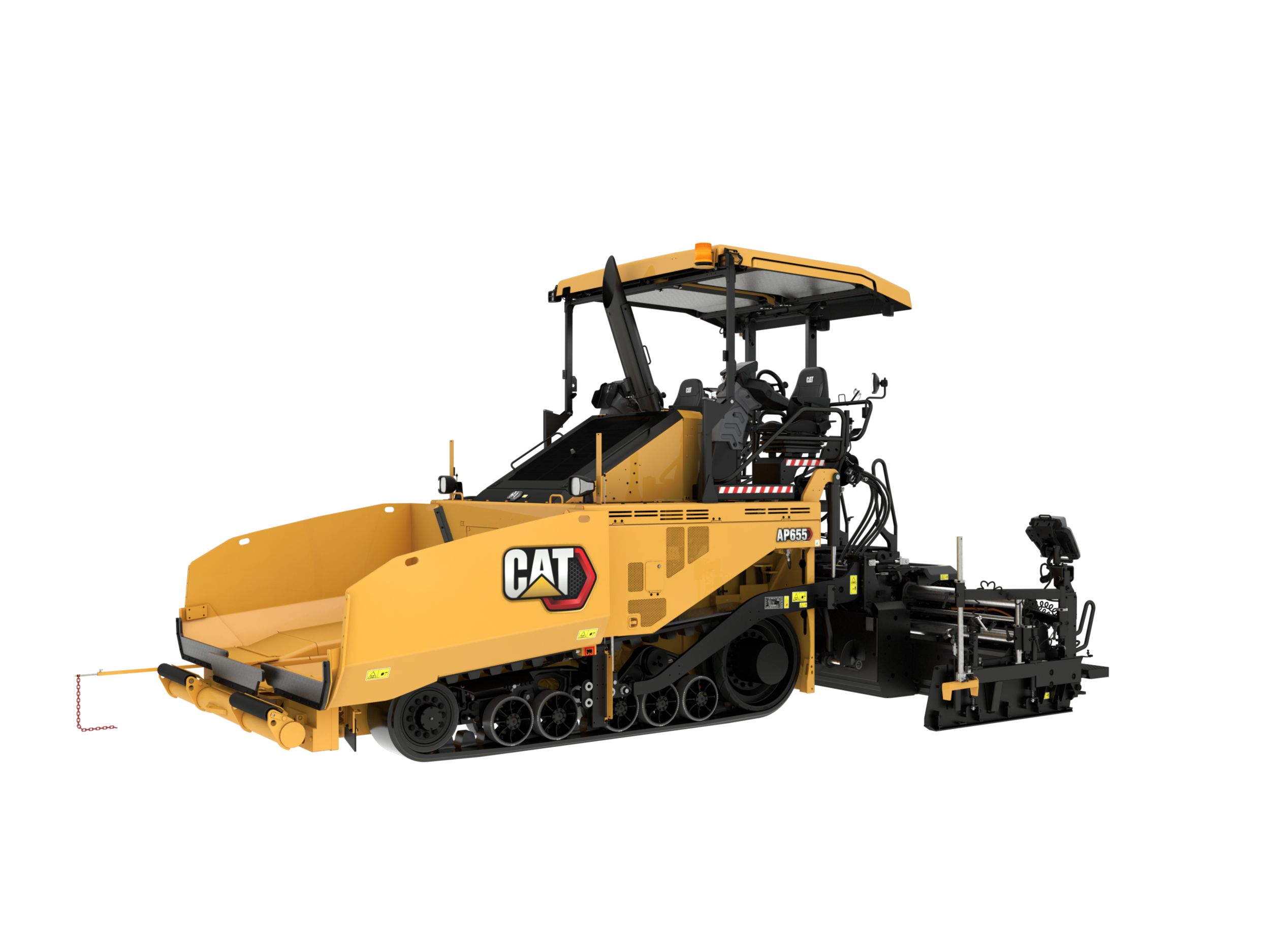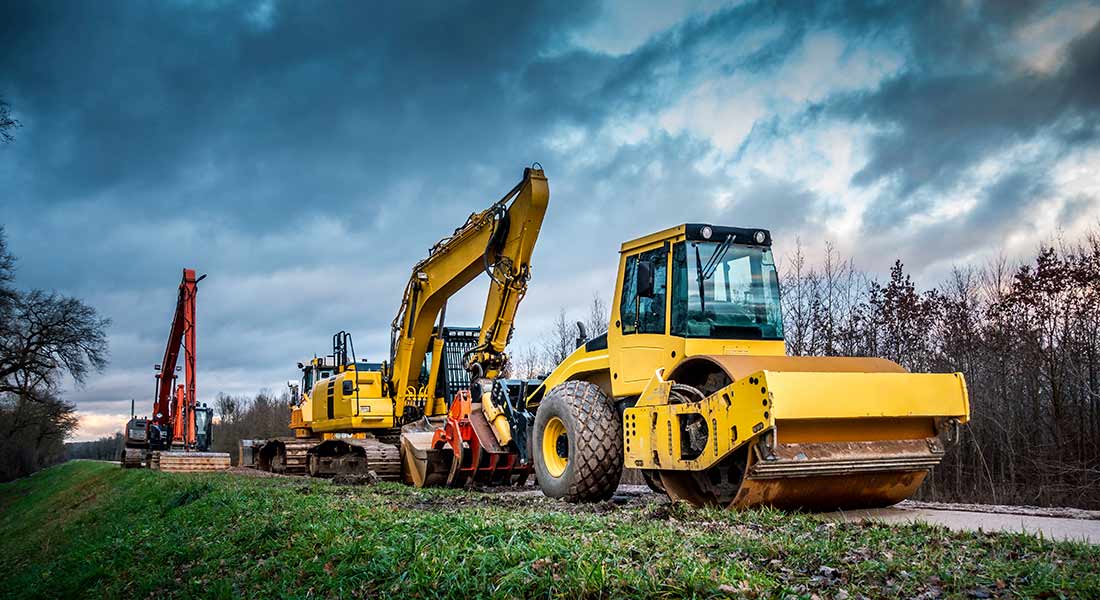Scissor Lift Rental in Tuscaloosa AL: Safe and Efficient Lifting Solutions
Checking Out the Financial Benefits of Leasing Building And Construction Equipment Compared to Having It Long-Term
The choice between possessing and renting out construction devices is essential for economic management in the industry. Leasing deals prompt cost financial savings and operational flexibility, enabling business to allot resources much more effectively. In contrast, possession features considerable long-term financial commitments, consisting of upkeep and devaluation. As contractors weigh these choices, the effect on capital, job timelines, and modern technology access ends up being progressively substantial. Recognizing these nuances is necessary, especially when thinking about how they straighten with specific job demands and financial techniques. What elements should be focused on to make sure optimum decision-making in this facility landscape?

Cost Comparison: Renting Out Vs. Owning
When reviewing the financial implications of owning versus renting building devices, a detailed cost contrast is essential for making notified decisions. The choice between having and renting out can significantly influence a business's lower line, and recognizing the connected costs is essential.
Renting building and construction equipment generally entails lower in advance prices, allowing services to designate resources to other operational demands. Rental expenses can accumulate over time, possibly surpassing the cost of ownership if devices is required for a prolonged period.
Conversely, owning construction equipment calls for a considerable preliminary investment, together with continuous costs such as depreciation, insurance, and financing. While ownership can bring about long-term financial savings, it likewise links up capital and might not give the same degree of flexibility as renting. Additionally, having equipment necessitates a commitment to its application, which might not constantly straighten with task demands.
Ultimately, the decision to rent out or possess needs to be based upon a thorough analysis of certain project demands, financial capability, and long-lasting calculated objectives.

Upkeep Costs and Responsibilities
The selection between leasing and having building equipment not only entails economic factors to consider however likewise encompasses ongoing upkeep costs and obligations. Owning equipment calls for a substantial dedication to its upkeep, which includes regular examinations, repair work, and potential upgrades. These duties can swiftly build up, leading to unanticipated expenses that can strain a budget.
In comparison, when leasing equipment, upkeep is normally the obligation of the rental company. This setup permits specialists to avoid the economic problem connected with wear and tear, along with the logistical difficulties of organizing fixings. Rental contracts commonly consist of provisions for upkeep, indicating that specialists can concentrate on finishing projects as opposed to stressing about tools condition.
In addition, the diverse series of tools available for rental fee allows firms to select the most up to date designs with innovative innovation, which can enhance effectiveness and productivity - scissor lift rental in Tuscaloosa Al. By going with leasings, services can prevent the lasting liability of equipment devaluation and the associated upkeep migraines. Eventually, evaluating upkeep expenses and duties is vital for making an informed decision about whether to possess or lease construction tools, substantially affecting total project expenses and functional efficiency

Depreciation Effect On Ownership

A considerable element to consider in the decision to have building equipment is the effect of depreciation on total ownership expenses. Depreciation represents the decrease in worth of the equipment in time, influenced by variables click reference such as usage, deterioration, and innovations in innovation. As tools ages, its market worth decreases, which can dramatically affect the owner's monetary placement when it comes time to trade the devices or offer.
For building business, this depreciation can equate to considerable losses if the tools is not used to its fullest capacity or if it lapses. Proprietors should represent depreciation in their financial forecasts, which can bring about higher general expenses compared to renting. Additionally, the tax ramifications of depreciation can be complex; while it might offer some tax obligation benefits, these are frequently countered by the truth of reduced resale value.
Ultimately, the worry of depreciation stresses the significance of understanding the lasting monetary commitment entailed in having construction devices. Business must meticulously evaluate exactly how frequently they will certainly use the tools and the potential monetary influence of depreciation to make an enlightened decision regarding possession versus renting.
Monetary Flexibility of Leasing
Renting out building tools offers considerable economic flexibility, enabling firms to assign sources more efficiently. This flexibility is especially critical in an industry defined by rising and fall project demands and varying workloads. By deciding to lease, organizations can avoid the considerable capital outlay required for buying devices, protecting money circulation for various other functional needs.
Additionally, leasing devices allows business to customize their equipment choices to specific project requirements without the long-term dedication linked with possession. This suggests that services can conveniently scale their tools stock up or down based on anticipated and current project demands. Subsequently, check it out this adaptability minimizes the danger of over-investment in machinery that may come to be underutilized or out-of-date with time.
An additional economic benefit of renting out is the possibility for tax obligation benefits. Rental repayments are typically taken into consideration operating expenditures, enabling prompt tax reductions, unlike depreciation on owned and operated devices, which is spread over numerous years. scissor lift rental in Tuscaloosa Al. This instant expense acknowledgment can better enhance a company's money placement
Long-Term Task Considerations
When evaluating the lasting needs of a building and construction service, the decision in between renting and possessing devices comes to be much more intricate. Secret factors to consider include task duration, regularity of use, and the nature of upcoming jobs. For tasks with extended timelines, acquiring equipment might appear beneficial as a result of the capacity for reduced overall expenses. Nonetheless, if the equipment will certainly not be made use of regularly throughout projects, having might lead to underutilization and unnecessary expense on storage space, upkeep, and insurance.
Additionally, technological developments present a considerable consideration. The building market is progressing quickly, with brand-new devices offering improved effectiveness and security functions. Leasing enables business to access the current modern technology without devoting to the high ahead of time expenses related to purchasing. This flexibility is particularly advantageous for companies that deal with diverse jobs calling for various kinds of devices.
Furthermore, financial security plays an important duty. Possessing devices Look At This commonly requires significant funding investment and depreciation issues, while renting enables even more foreseeable budgeting and capital. Ultimately, the choice in between renting out and having needs to be straightened with the strategic objectives of the construction business, considering both expected and present project needs.
Verdict
Finally, renting building and construction tools supplies considerable monetary advantages over long-lasting ownership. The minimized ahead of time expenses, elimination of maintenance duties, and avoidance of devaluation add to boosted capital and monetary adaptability. scissor lift rental in Tuscaloosa Al. Moreover, rental settlements offer as instant tax obligation reductions, further profiting service providers. Eventually, the choice to lease rather than very own aligns with the dynamic nature of building and construction jobs, enabling versatility and access to the current tools without the monetary worries related to ownership.
As equipment ages, its market value decreases, which can significantly affect the owner's monetary setting when it comes time to trade the tools or market.
Renting construction equipment provides substantial economic adaptability, allowing companies to assign resources much more efficiently.Furthermore, leasing equipment enables companies to customize their tools choices to specific job demands without the long-term commitment connected with possession.In verdict, renting out construction devices supplies significant financial benefits over long-lasting ownership. Eventually, the decision to rent out rather than very own aligns with the dynamic nature of building and construction jobs, permitting for versatility and access to the most current equipment without the economic concerns linked with ownership.